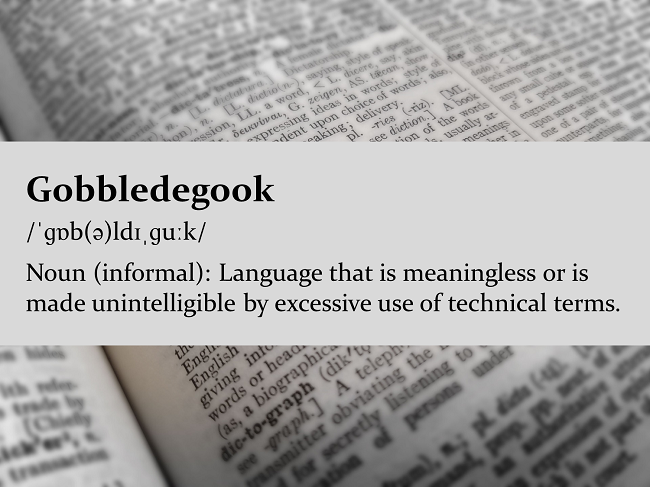You may (or may not) have seen some chatter online about the Plain Language Act Repeal Bill – either way, you’re probably wondering what on earth all the hullabaloo is about.
In short – and in plain English – the Bill aims to remove the requirement for government communication to be clear and straightforward.
Seems a bit nonsensical right? Why wouldn’t the Government want all New Zealanders to understand what it and government agencies are trying to do?
The argument for repealing the Act is that, in the Government’s opinion, it did not directly contribute to the better use of plain language, created additional compliance-based admin requirements, and that using plain language is more a matter of good practice, than something to be legislated.
However, there are concerns that removing the bill could have far-reaching negative consequences.
Plain language is about accessibility and inclusivity. It ensures everyone, regardless of their literacy level or language proficiency, can understand important information.
If the Act is repealed and removes any obligation to use plain language, it could become harder for everyday New Zealanders to access essential public information, leading to increased inequality.
It also raises legal and ethical questions about ensuring equal access to information – using language everybody can understand is not just good practice, it’s an ethical obligation that is part of the foundation of democracy.
When people understand the information presented to them, they are more likely to engage with public services, policies and the democratic process. If information becomes more complex and harder to understand, we are likely to see a decline in public engagement.
Repealing the Act could also create the perception that Government is less committed to these principles, potentially eroding public trust. In a time when misinformation is commonplace, maintaining clear and honest communication has never been more important.
As comms practitioners, we are acutely aware of how the use of language can impact understanding, engagement, and credibility. Maintaining high standards of communication is essential for a healthy, inclusive, and transparent democracy.
While it’s easy to say using plain language in government communication is a matter of best practice and common sense, unfortunately, that doesn’t ensure it happens.
Legislation does. And New Zealanders deserve that assurance.

